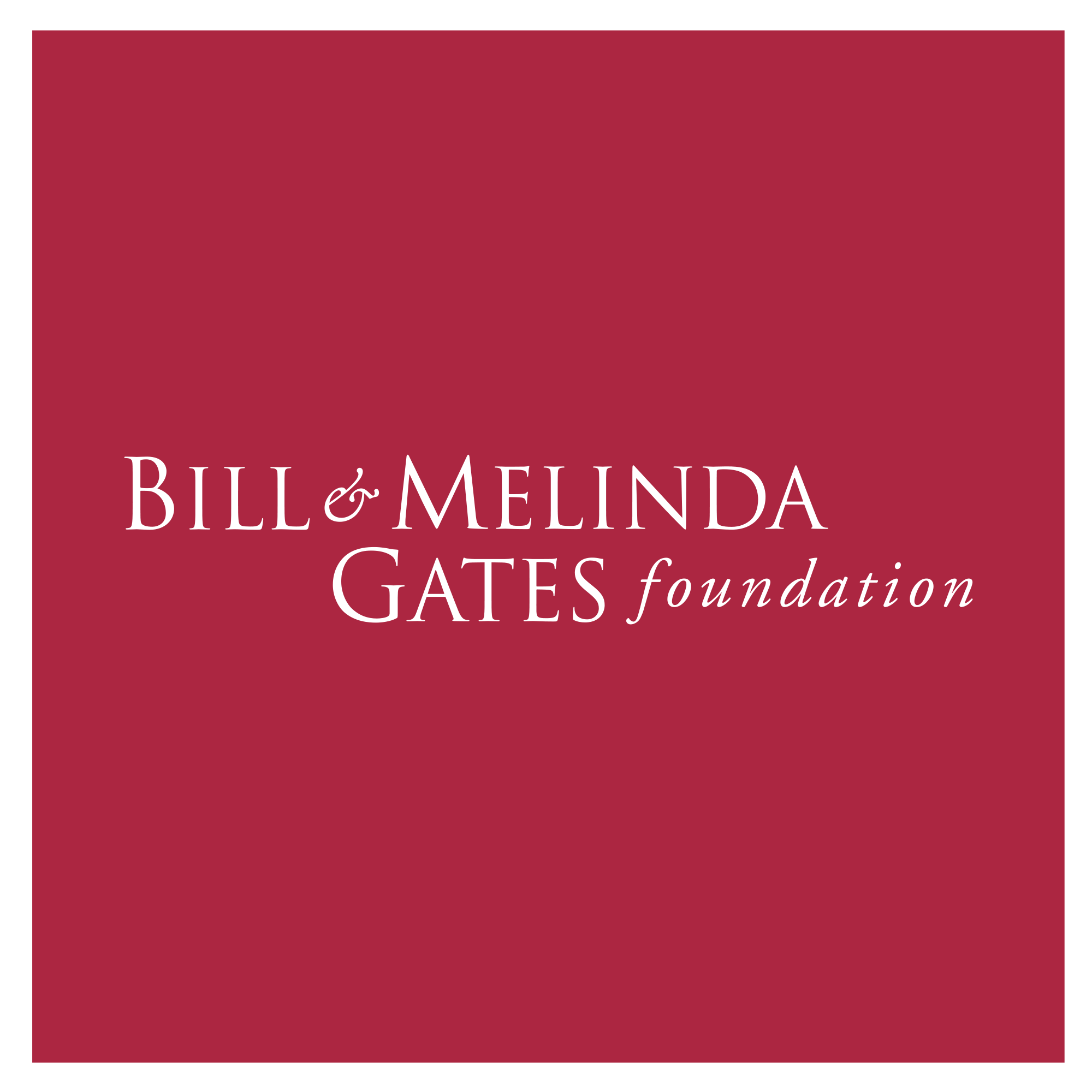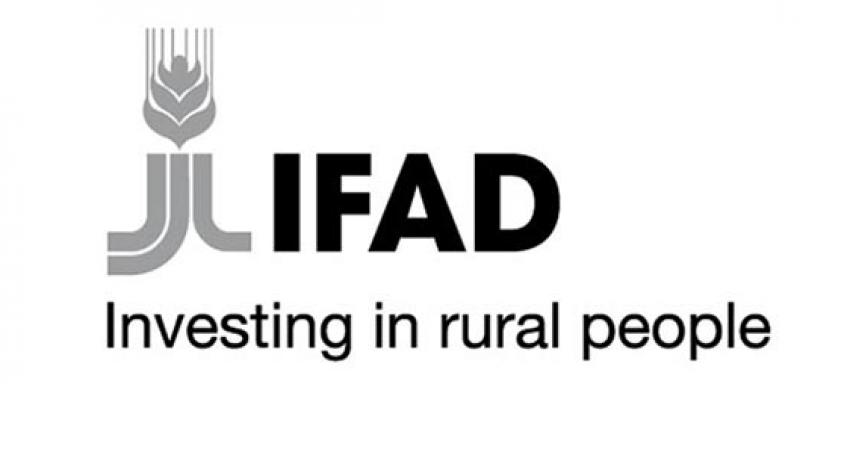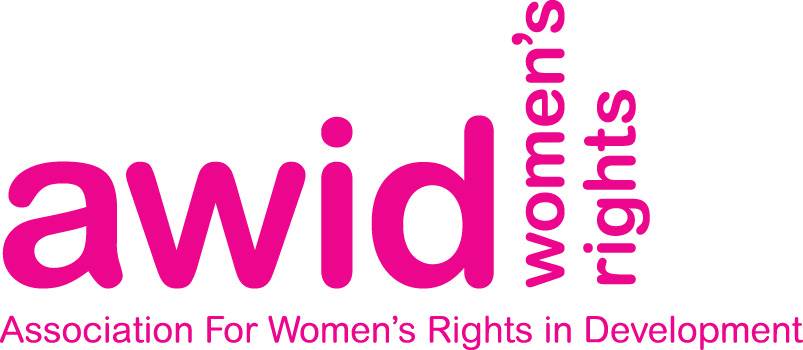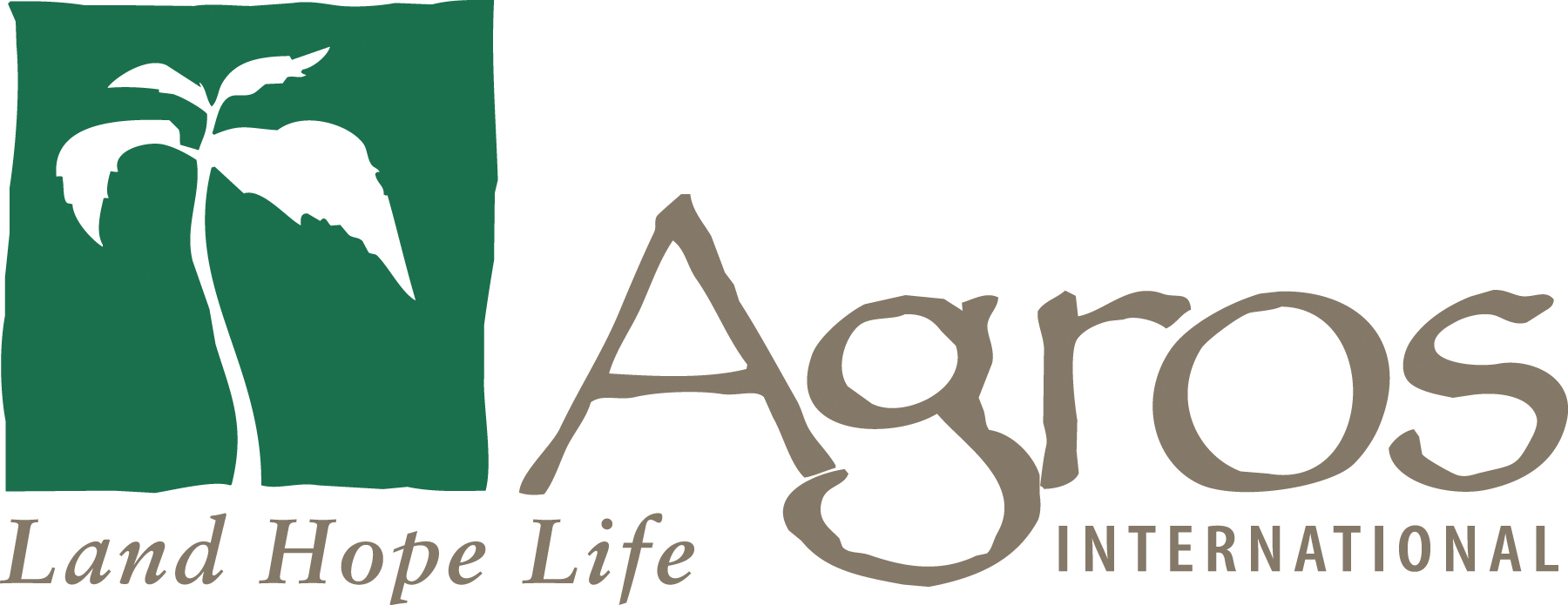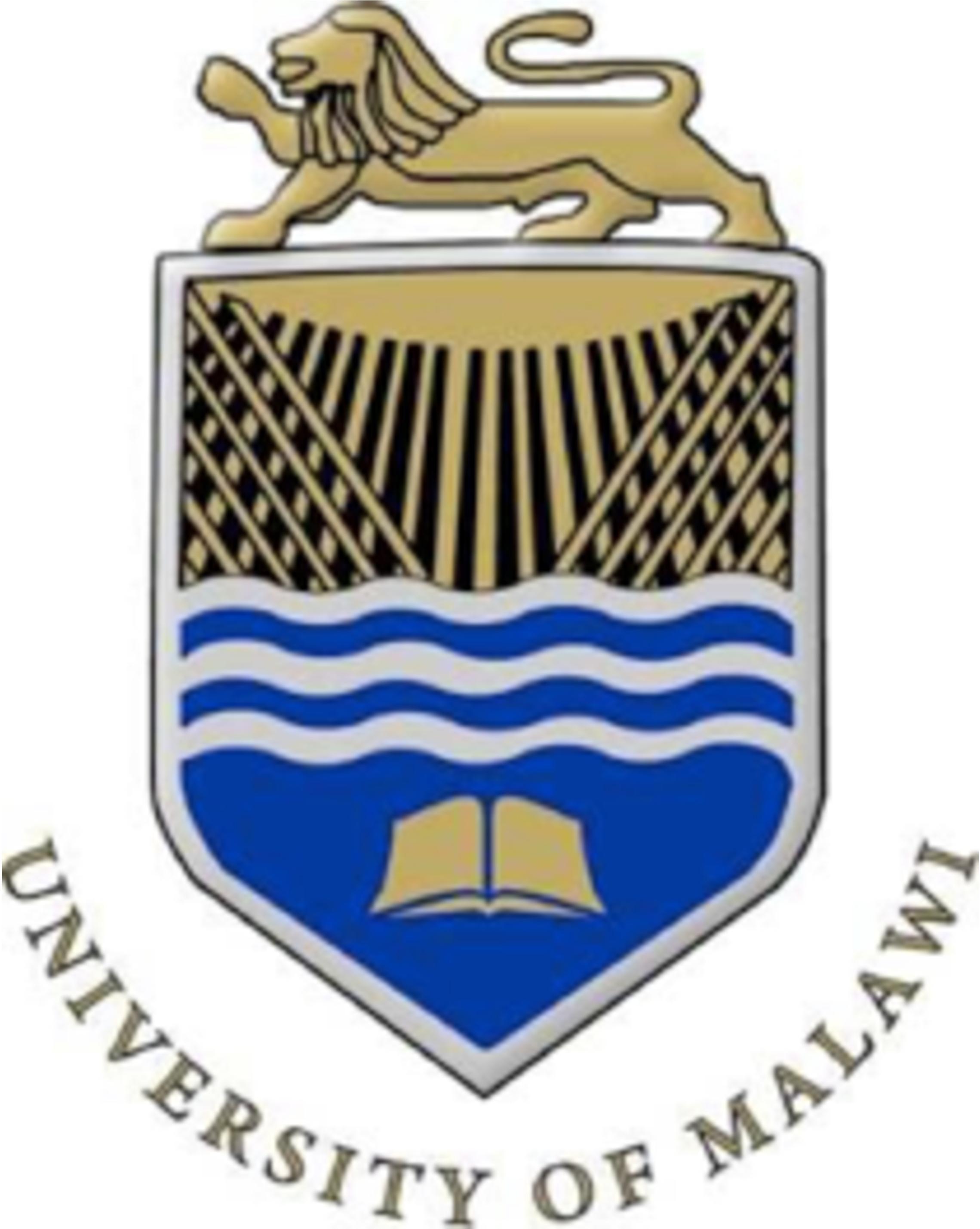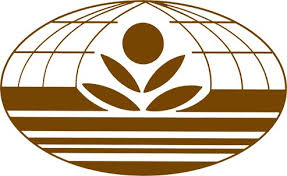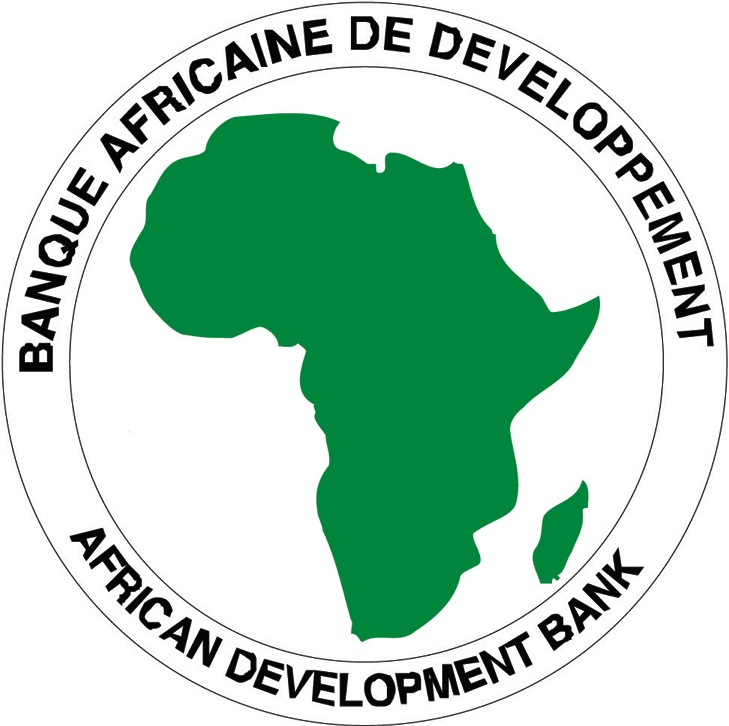International Fund for Agricultural Development
The International Fund for Agricultural Development (IFAD), a specialized agency of the United Nations, was established as an international financial institution in 1977 as one of the major outcomes of the 1974 World Food Conference. The Conference was organized in response to the food crises of the early 1970s that primarily affected the Sahelian countries of Africa. The conference resolved that "an International Fund for Agricultural Development should be established immediately to finance agricultural development projects primarily for food production in the developing countries".
Norwegian Agency for Development Cooperation
The Norwegian Agency for Development Cooperation (Norad) is a directorate under the Norwegian Ministry of Foreign Affairs (MFA).
Norad's strategy towards 2010 states that Norad:
- aims to be the centre of expertise for evaluation, quality assurance and dissemination of the results of Norwegian development cooperation, jointly with partners in Norway, developing countries and the international community
Deutsche Gesellschaft für Internationale Zusammenarbeit (GIZ) GmbH
As a service provider in the field of international cooperation for sustainable development and international education work, we are dedicated to shaping a future worth living around the world. We have over 50 years of experience in a wide variety of areas, including economic development and employment promotion, energy and the environment, and peace and security. The diverse expertise of our federal enterprise is in demand around the globe – from the German Government, European Union institutions, the United Nations, the private sector, and governments of other countries.
Association for Women's Rights in Development
World Bank Group
IPPG Programme
The IPPG Programme is the shorthand name for the inter-disciplinary Research Programme Consortium on Improving Institutions for Pro-Poor Growth. The DFID-funded IPPG supports innovative scholarly research, and seeks to influence development policy and practice that contributes to the UN Millennium Development Goals (MDGs). IPPG supports innovative scholarly research, and seeks to influence development policy and practice that contributes to achievement of the MDGs. Our inspiration comes from:
Agros International
We partner with rural families in Central America and Mexico who are living in poverty. Our goal is to help families develop the skills to work themselves out of generational poverty. Agros International—over a seven to ten year timeline—comes alongside families to ensure their basic food security and nutrition, and help them launch successful agro-businesses so that they can sustainably generate income above the poverty line.
Centre for Social Research, University of Malawi
Our mandate
At the core of our mandate is ‘to promote and undertake applied social science research including conducting monitoring and evaluation of development programmes so as to generate information on priority problems of the country and the region’
"Centre for Social Research (CSR) is an organ of the University of Malawi that conducts and promotes excellence in academic and applied social science research in partnership with the public and private sectors so as to inform policy and offer training for capacity building".
International Union of Soil Sciences
GENERAL INFORMATION
The International Union of Soil Sciences (IUSS) was founded as the International Society of Soil Science (ISSS) on 19th May 1924. The IUSS has been a scientific union member of ICSU (International Council for Science) since 1993.
African Development Bank
The overarching objective of the African Development Bank (AfDB) Group is to spur sustainable economic development and social progress in its regional member countries (RMCs), thus contributing to poverty reduction.
The Bank Group achieves this objective by:
- mobilizing and allocating resources for investment in RMCs; and
- providing policy advice and technical assistance to support development efforts.
International Senior Lawyers Project
Since incorporating in 2000, and with support from foundations, law firms, lawyers, and government programs, ISLP has sent hundreds of experienced lawyers to work, pro bono, with clients in more than 50 countries and has delivered more than $110 million worth of pro bono legal assistance through both on-site projects and remote analysis and advice.

